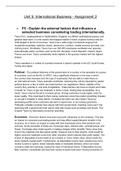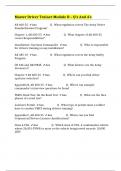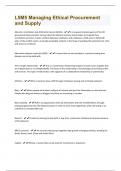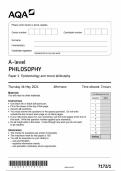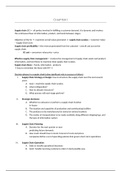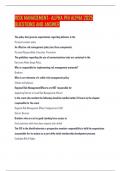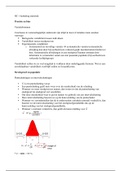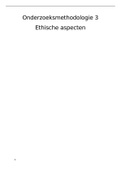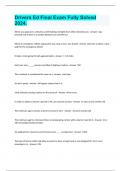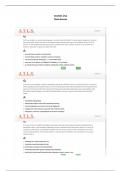➢ P5 - Explain the external factors that influence a
selected business considering trading internationally.
Tesco PLC, headquartered in Hertfordshire, England, is a British multinational grocery and
general retail store. It is the world's third-largest retailer in terms of gross revenue and the
ninth-largest in terms of revenues. Tesco has a wide range of products ranging from
household essentials, toiletries, books, electronics, furniture, mobile services and their own
clothing brand. Worldwide, Tesco has over 360,000 employees worldwide and operates
internationally within countries such as the UK, Slovakia, Czech Republic, Ireland, Spain,
France and more. Tesco consistently ranks highest in the grocery market with the highest
shares.
Tesco operates in a variety of countries however it doesn’t operate in the US, South Korea,
Turkey and Japan.
Political - The political influence of the government of a country or the president of a group
of countries, such as the EU or APEC, has a significant influence on the way in which
the country does business and the type of businesses that are able to trade there on
an international basis. Tesco operates worldwide, meaning they will be impacted by global
political factors, a few of which are trade barriers, tax regulations, Brexit, stability of the
country they operate in, and acts of legislation. Trade barriers can have an impact and make
it harder for Tesco to get raw materials or items in bulk, limiting their accessibility. As a
result, Tesco may be forced to increase prices, forcing customers to pay higher costs for
lower quality. This could lead to them losing customers since they prefer something cheaper
or can get it cheaper in other places. Increased tax rates can also impact Tesco by
decreasing profits since customers will want to spend less, in turn losing customers.
Politically unstable countries face issues with their government, meaning Tesco can’t risk
operating with a government that cannot deal with issues such as bribery and frauds. This
impacts Tesco by decreasing consumer spending.
Economic - Economic factors may have long term influences on the company. This has
an impact on consumer purchasing power and may affect supply/demand models in the
economy. As a result, an impact is made with how businesses price their products and
services. Some examples of these are: Exchange rates, interest rates, unemployment, and
fiscals. Exchange rates make exports in trading cheaper which benefits Tesco since they
import raw materials and also export goods. However due to their imports, costs would be
higher since the materials come from other countries which reduces their profit margin. The
impact of disposable income leads to an increase in Tesco share value, which raises the
stock market's overall worth. Furthermore, as disposable income rises, people have more
money to save or spend, which naturally leads to increased demand, which can boost
company sales and earnings, raising the value of individual stocks. If disposable income
falls, however, households will have less money to spend and save, forcing consumers to

